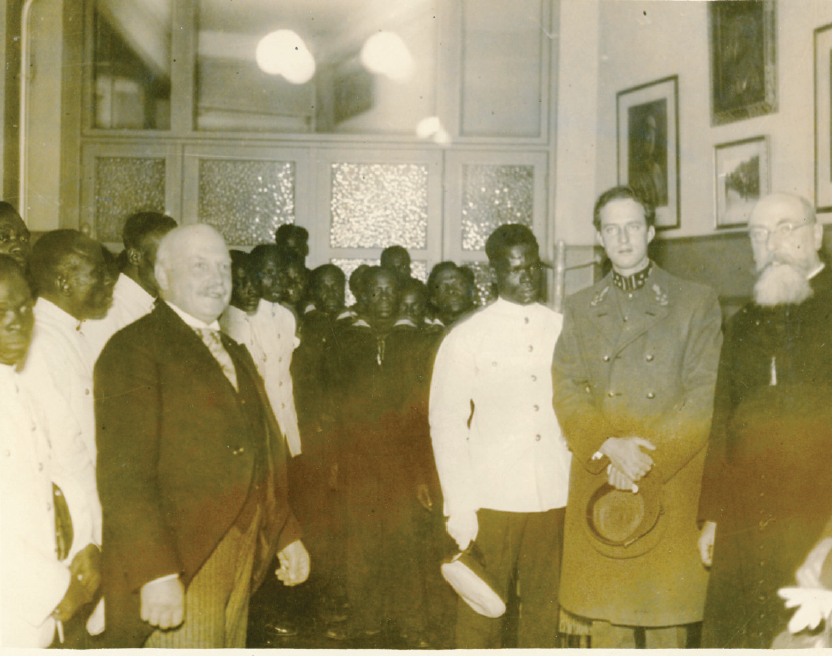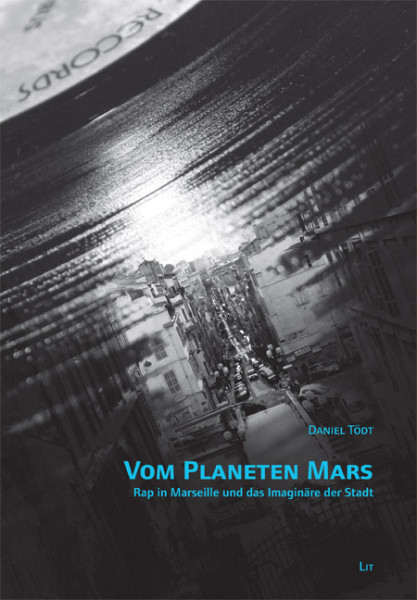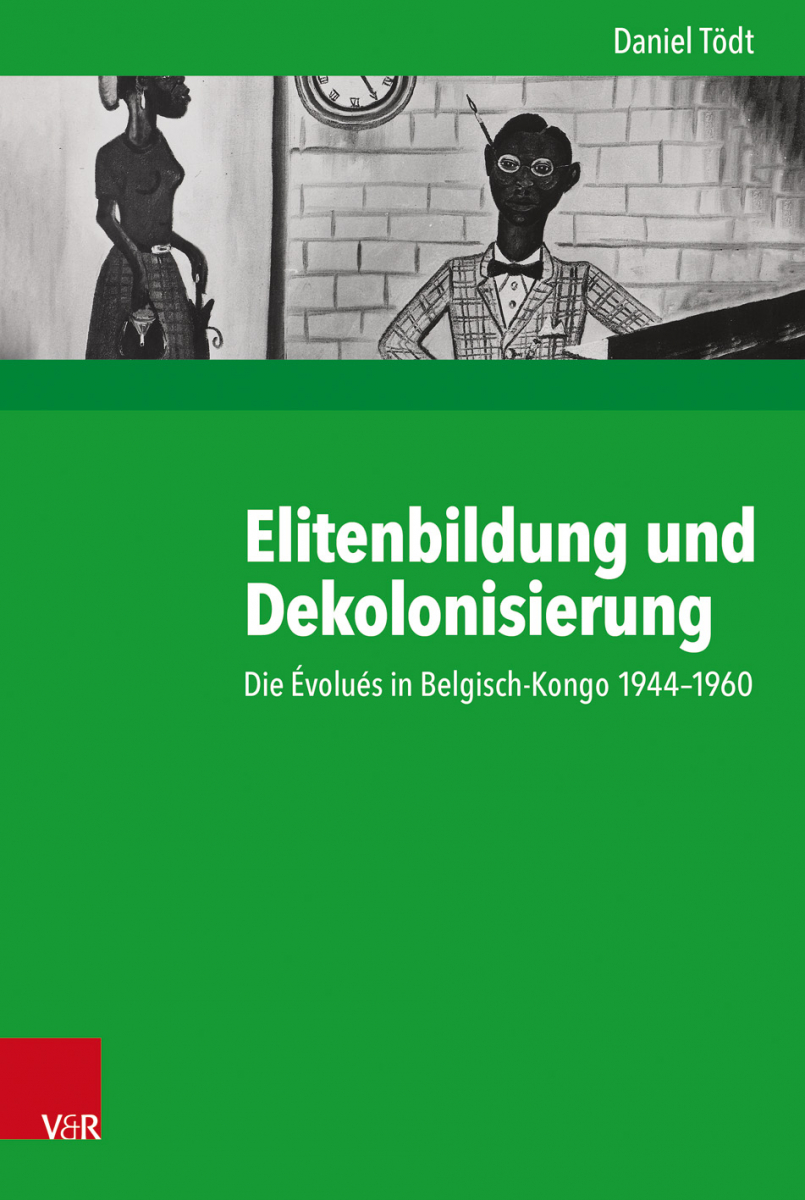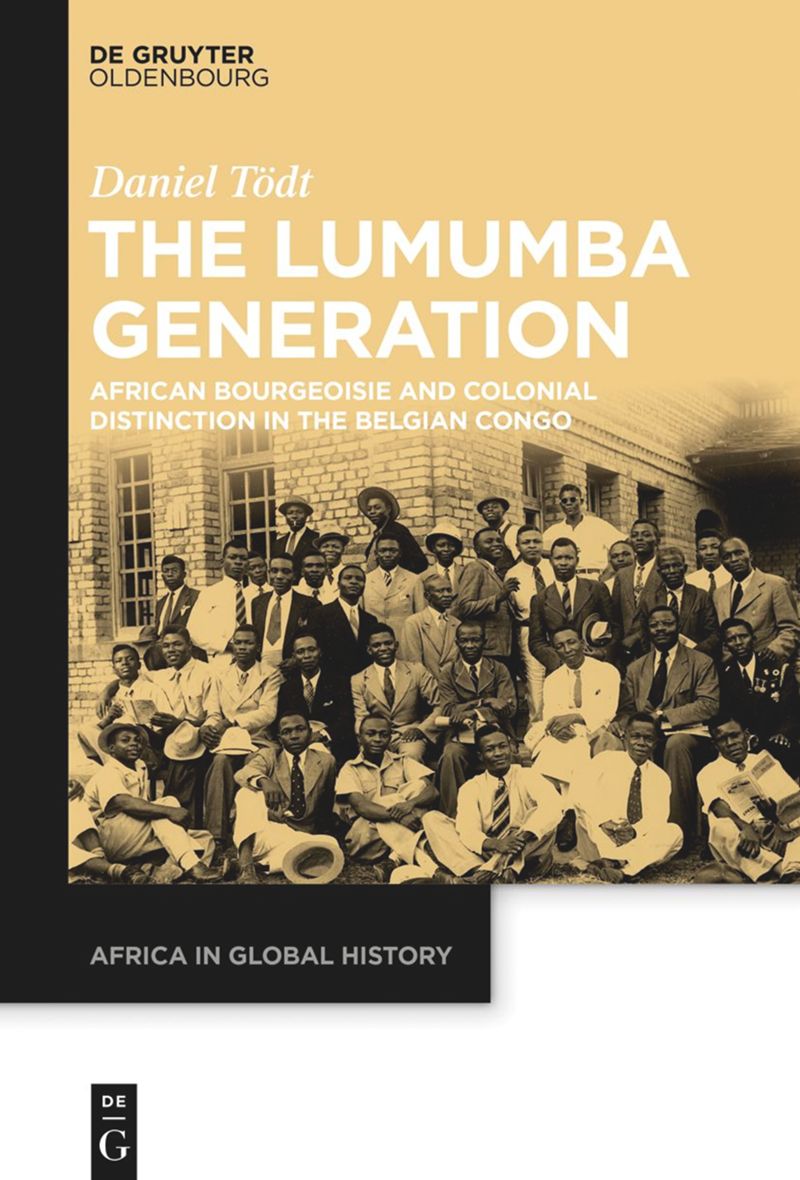
Contact:
Universität Konstanz
Neuere und Neueste Geschichte
Fach 6
Universitätsstraße 10
78464 Konstanz
Email: daniel.toedt@uni-konstanz.de
Marie Skłodowska-Curie Postdoctoral Fellowship
Daniel Tödt has been awarded a Marie Skłodowska-Curie Postdoctoral Fellowships (MSCA PF). In autumn 2024, he will take up the prestigious promotion at the Research Laboratory TELEMMe (Temps, espaces, langages, Europe méridionale, Méditerranée), Aix-Marseille Université (France).
Academic Career
Seit 10/2022: Akademischer Mitarbeiter am Lehrstuhl für Neuere und Neueste Geschichte der Universität Konstanz
07/2017 – 09/2022: Wissenschaftlicher Mitarbeiter am Institut für Asien- und Afrikawissenschaften, Humboldt-Universität zu Berlin
10/2017-07/2018: Fellow am Internationalen Geisteswissenschaftlichen Kolleg (IGK) „Arbeit und Lebenslauf in globalgeschichtlicher Perspektive“
05/2015-04/2017: Postdoctoral Fellow. International Graduate Research Program Berlin – New York – Toronto “The World in the City”, Center for Metropolitan Studies, Technische Universität Berlin.
02/2015 – 04/2015: Humboldt-Postdoc-Scholarship
05/2010 – 01/2015: Promotion in Geschichtswissenschaften, Humboldt-Universität zu Berlin.
06/2013 – 08/2013: Wissenschaftlicher Mitarbeiter, Kultur der Metropole, HafenCity Universität Hamburg.
06/2009 – 12/2013: Wissenschaftlicher Mitarbeiter am SFB 640 “Repräsentationen sozialer Ordnungen im Wandel”, Humboldt-Universität zu Berlin
08/2008 – 01/2009: DAAD-Stipendium und Mitarbeiter am, MUCEM Museum für europäische und mediterrane Zivilisationen, Marseille, France
04/2008 – 08/2008: DAAD-Stipendium, Universität Aix-Marseille und CNRS Marseille, France
10/2002 – 02/2009: Magister Artium (M.A.) der Europäischen Ethnologie, Afrikawissenschaften (Geschichte) und Politikwissenschaft, Humboldt-Universität zu Berlin und Freie Universität Berlin.
Research Foci
History of Africa in the 19th and 20th centuries
Colonial Histoy
(Post-)Colonial Societies
Mediterranean History
Global Urban Studies
Maritime Labour

My research on African maritime workers in the French and Belgian empires (1880s-1960s) adopts a neglected perspective that subverts narratives of early globalization as an age of borderless migration, mobility and circulation. I trace the biographies of dockers and seafarers within urban and oceanic networks, analysing how they moved back and forth not only between docks and decks, but also between different fields of labour. The central thesis is that the (im-)mobility of these workers reveals their highly contested room for manoeuvre, as contingent upon the constraints, power relations and exclusion characteristic of the imperial world.
Monographies
The Lumumba Generation. African Bourgeoisie and Colonial Distinction in the Belgian Congo (= Africa in Global History 5), Berlin 2021, 428 p. Open Access
Elitenbildung und Dekolonisierung. Die Évolués in Belgisch-Kongo 1944–1960 (=Kritische Studien der Geschichtswissenschaft, Band 228), Göttingen 2018, Vandenhoeck & Ruprecht, 394p.
Winner of “Geisteswissenschaften International” Special Prize for an outstanding work in the humanities
Vom Planeten Mars: Rap in Marseille und das Imaginäre der Stadt, 2. Auflage, Wien 2013, Lit Verlag, 128 p.
Articles and reviews
« Repenser l’histoire impériale des villes portuaires : vers une approche globale », in Mars Imperium. Marseille impériale, 24/11/2022, https://marsimperium.hypotheses.org/1614.
“Without harmful delay nor haste: Colonial education, elite formation, and contested timetables to emancipation in the Belgian Congo,” in Aurore François, Françoise Muller, Xavier Rousseaux, Nathalie Tousignant, eds., Governing the Colonial State: the Belgian Rule in Africa (1885-1962). London: Palgrave Macmillan, forthcoming 2023. (with Pedro Monaville).
“Power after Work: ‘Unfree Leisure’ of Congolese Seafarers on Shore Leave in the Belgian Empire (1908-1940),” in Nicole Mayer-Ahuja and Marcel van der Linden, eds., Power at Work. Control and resistance in heteronomous labour relations. Berlin: De Gruyter, forthcoming 2023. (accepted).
#BookClub: What the Lumumba generation tells us about decolonization in Africa,” in: Democracy in Africa, 03.03.2022.
“The Politics of Elegance. An Interview with Daniel Tödt,” in: Africa is a Country, 01/2022, “L’Etat colonial et les élites africaines,” in Idesbald Goddeeris, Amandine Lauro, Guy Vanthemsche, eds., Le Congo Colonial. Une histoire en questions, Brussels: Decouverte du Monde, 2020, 265-278.
“De koloniale staat en de Afrikaanse elite: een geschiedenis van onderwerping?,” in Idesbald Goddeeris, Amandine Lauro, Guy Vanthemsche, eds., Koloniaal Congo. Een geschiedenis in vragen, Polis: Antwerpen 2020, 300-314.
“Making Second Imperial Cities: Modern Ports, Colonial Connectivity and Maritime Globalization,” Moderne Stadtgeschichte 2 (2019), 115-139.
“Vers l’avenir: Belgischer Entwicklungskolonialismus und die Elitenfrage nach 1945,” in Sebastian Bischoff et al, eds., Belgium is a beautiful city?: Resultate und Perspektiven der Historischen Belgienforschung, Münster: Waxmann, 2017, 205-216.
“Some Reflections on Imperial Port Cities in the Age of Steam,” in: Global Urban History, 29.10.2016. (with Lasse Heerten).
“Globales Ghetto – Lokale Banlieue: Transnationale Netzwerke und städtische Verortung in der französischen Rapmusik,” in Giacomo Botta, ed., Unsichtbare Landschaften: Populäre Musik und Räumlichkeit. Münster: Waxmann, 2016, 55-74.
Rez. Gopalan Balachandran, Globalizing Labour? Indian Seafarers and World Shipping, c. 1870-1945, New Delhi 2012, HSozKult/connections, 31.10.2015.
“Difficile de faire plus multiéthnique. Difficile de faire plus marseillais - Zur Repräsentation von (Multi-) Ethnizität und Migration im französischen Rap der 1990er Jahre,” in Gabriele Metzler, ed., Das Andere denken. Migranten in Westeuropa und den USA im 20. Jahrhundert. Frankfurt am Main 2013, Campus, 181-207.
“Vers une histoire culturelle des élites africaines - Parcours d’une recherche inachevée,” in Sabine Cornelis and Pierre Alain Tallier, eds., Archives Afrique Europe, AGR: Brussels 2013, 141-155.
“Les Noirs Perfectionnés: Cultural Embourgeoisement in Belgian Congo during the 1940s and 1950s,” Working Papers des Sonderforschungsbereiches 640 (2012) 4, 1-23. “Die Karl-Marx-Straße ausstellen,” Fensterplatz. Zeitschrift für Kulturforschung 02 (2010), 92-
“Des raps et des villes/ Rap music and Cities/Von Rapmusik und Städten,” Hypothèses- Sur un son rap, 11.07.2011/04.11.2012.
Nathalie Tousignant, ed., Le Manifeste Conscience africaine (1956). Elites congolaises et société colonial. Regards croisés, Brussels 2009, Revue Belge de Philologie et d'Histoire 90 (2012), 627-630.
“Gewalt und Unruhen in den französischen Banlieues. Was hat der Rap damit zu tun?,” Ethnoscripts (2) 2007, 106-128.
“Ethnizität und ethnische Repräsentationen im Fußball. Am Beispiel Türkiyemspor Berlin,” in Stefan Krankenhagen und Birger Schmidt, eds., Aus der Halbdistanz. Fußballbiographien und Fußballkulturen heute. Münster: Lit Verlag, 2007,115-136. (with Söhnke Vosgerau)
Press Contributions
Radio-Interview, SWR 2, 20.06.2022: Belgien überreicht Überreste Lumumbas an Kongo: „Das war politischer Mord“
Interview zur Kulturhauptstadt Marseille: „Stolz trotz dunkler Seiten“, in: DAAD-Magazin, , 01.02.2013
“Afrikas Beckenbauer Charles Gyamfi. Sie riefen mich Kalle,” in: Der Tagesspiegel, 26.06.2010 and 11freunde.de, 24.06.2010.



